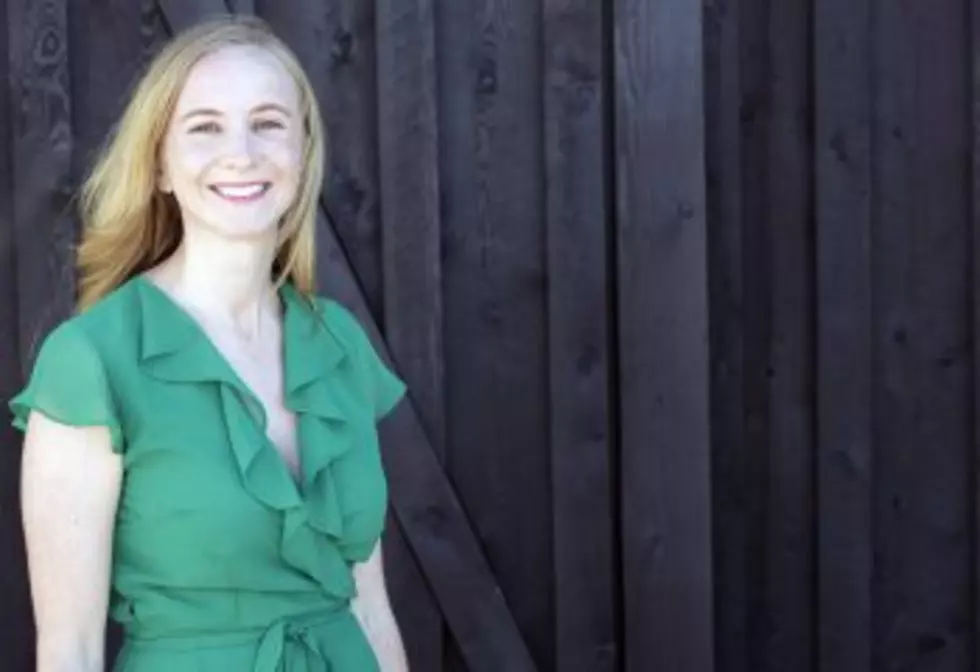
Health Beat: A new entry point for mental and emotional health care
It is no surprise that Americans are experiencing more anxiety and depression than ever before. According to the Anxiety and Depression Association of America, anxiety disorders affect 40 million adults each year in the United States alone.
To make matters worse, anxiety and depression often co-exist and feed off one another. As a Clinical Psychologist, I often refer to them as the “best friends” you never wanted.
Stress, fatigue, irritability, a case of the jitters, poor sleep, winter blues, sadness, guilt, and loneliness are normal human reactions to the stressors we face in our daily lives. A stressor is any event that evokes stress such as a looming deadline at work, hitting traffic, forgetting to take your medication, or studying for a test.
On average, an individual experiences 40 stressors each day. Unfortunately, this 40-stressors-per-day statistic does not take into account large events like losing a job, going through a divorce, moving, living with a chronic illness, and the list goes on.
Many people brush off these discomforts with hopes that they will go away. Sometimes they do, but sometimes they do not. It is possible that feelings of stress, worry, and/or sadness stick around and our usual strategies to manage them are not enough.
The good news is that anxiety and depression are both highly treatable with psychotherapy (also known as counseling or talk therapy) and/or medication. The bad news is that most people do not know where to go for help. In fact, approximately 40% of individuals experiencing anxiety seek help for their symptoms, which means a lot of people are not getting the help they need. My experience is that most people would like to ask for help but do not know where to go or who to ask.
Can you guess where most people go to ask for help? Nearly 50% of people in the United States first share their emotional difficulties with their primary care providers, before a therapist or counselor. Fortunately, primary care providers are a great place to start this conversation. Your primary care provider will likely know what resources are available and will point you in the right direction.
In the medical field, there has been a movement to bring mental and emotional health treatment into our primary care clinics. What that means is that people can meet with a therapist or counselor the very same day that they see their primary medical provider. Talk about the best of both worlds! There is no need for an additional appointment or hour-long searches on google to find a therapist.
At Partnership Health Center, we are excited to be offering this service to all of our patients. We provide high quality behavioral health services to all of our patients and many choose to see a therapist on the same day they see their primary care provider.
What that means is that if you are struggling with anxiety, depression, stress, trouble sleeping, difficulty with health behaviors such as exercise and diet, thoughts of suicide, substance abuse, or other challenges related to mental and emotional health, you can let your primary care provider know and see a counselor for a consultation and brief intervention that very day if you would like!
You might be wondering how that works or what it would be like from a patient perspective. Essentially, you are seen by your primary care provider for your appointment as usual. During the appointment, you might mention to your provider that you are struggling with anxiety, depression, or other mental/emotional challenges and you are concerned that it might be negatively impacting your life. You and your provider will discuss options for treatment, and, if you are open to it, your provider can invite a counselor into the room.
At that time, the counselor will introduce themselves and let you know their goals for the visit. Together, you and the counselor discuss your concern and collaboratively create a plan to get you moving toward a life that is driven by what is most important to you, rather than your anxiety or depression, etc. Plans range from ongoing, regular therapy appointments to a simple follow-up phone call with the counselor to talk about how well the plan is working to alleviate your concerns. Some clinics may even offer group therapy, which is another great option for learning how to apply new skills to your life!
I often say that our mental health is just as important as our physical health. We know that mental, emotional, and physical health make up the foundation of our overall wellbeing, and the wellbeing of individuals directly impacts the broader health of our community.
My hope is that if you are experiencing anxiety, depression, substance use, or other mental health challenges, that you will talk about it with your primary care provider at your next visit.
Dr. Ellen Bluett, is a Licensed Clinical Psychologist and Clinical Assistant Professor of Medicine in Behavioral Science in the Family Medicine Residency of Western Montana.
